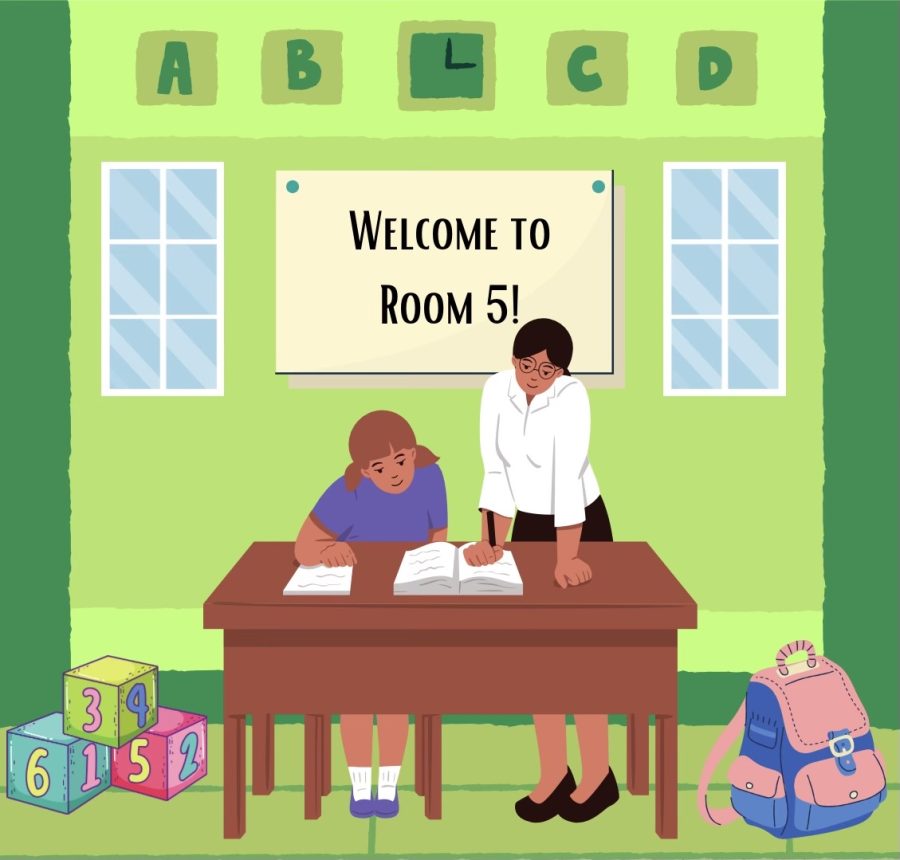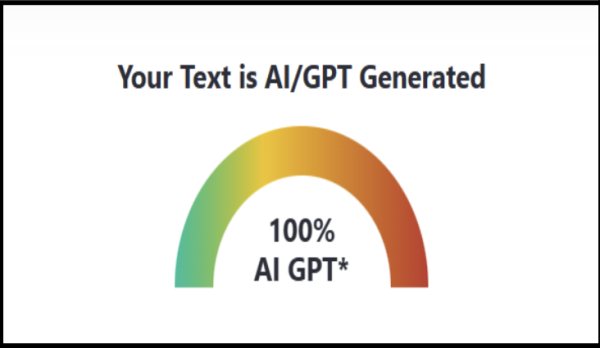Opinion: Kindergarten should be made mandatory
Kindergarten is an integral part of youth schooling that helps to set both an educational and social foundation for students. Despite this, in California and many other states, kindergarten is not mandatory, leaving students at a potential disadvantage.
Nineteen states and the District of Columbia have rules in place making kindergarten mandatory. California and the rest of the country should follow suit, as without these mandates, students are stripped of necessary foundational learning opportunities.
In mid-September, Governor Gavin Newsom vetoed a bill to make kindergarten mandatory in California. He cited budgetary issues as reasoning, claiming the mandate would cost the state up to $268 million a year. Although this expense is significant, state governments are not strangers to overspending and have the resources to make budget cuts in other areas for a service as universally vital as kindergarten education.
According to researcher Elizabeth Dhuey, an increased availability of kindergarten programs due to increased state funding lessens the likelihood that a child is below grade for his or her age, particularly among children of lower socioeconomic status. In a case study done by Cascio in 2009, it was also found that white children who went to publicly funded kindergarten were less likely to drop out of high school or be institutionalized.
Moreover, according to State Senator Susan Rubio, who was in charge of the vetoed kindergarten mandate bill, kindergarten gives students a foundation for learning, significantly helping them as they move into each grade level. Further benefits include improved language and cognitive skills, social and emotional development, greater independence and stimulation of children’s curiosity.
With both short and long-term benefits of attending kindergarten, it seems only fair that the government should prioritize kindergarten as a way to help underprivileged groups succeed and encourage adult health and stability.
“My daughter is in kindergarten, and my youngest will be going to kindergarten next year,” said CHS history teacher Adam Weinstein. “I think the earlier you start with these structured programs, the more you set your kids up for success, and I feel awful that not everybody has the same opportunity.”
Current laws in California dictate that children do not need to start school until they turn six years old. However, according to the California Kindergarten Association, only 5% to 7% of students do not enroll in kindergarten, demonstrating that most parents are unaware that not enrolling their children is an option. Therefore, mandating kindergarten to ensure full enrollment, particularly among marginalized segments of the population, would not be excessively difficult.
In short, the benefits of kindergarten and the disadvantage to those who do not attend must be considered by both the state and federal governments. Without a kindergarten mandate, current and future students may have fewer opportunities to succeed than those around them. The government can help level the playing field early on with one mandate, making it only logical to do so in order to help citizens.
Your donation will support the student journalists of Calabasas High School. Your contribution will allow us to purchase equipment and cover our annual website hosting costs.

Hi! My name is Aidan Baker, and I have always loved writing. From a young age I knew that I wanted to pursue journalism, and writing for the Courier gives...

Hi! My name is Sedona Kaye, and I’m the Perspectives Editor this year. I learned so much as a staff writer last year and can’t wait to learn more....












